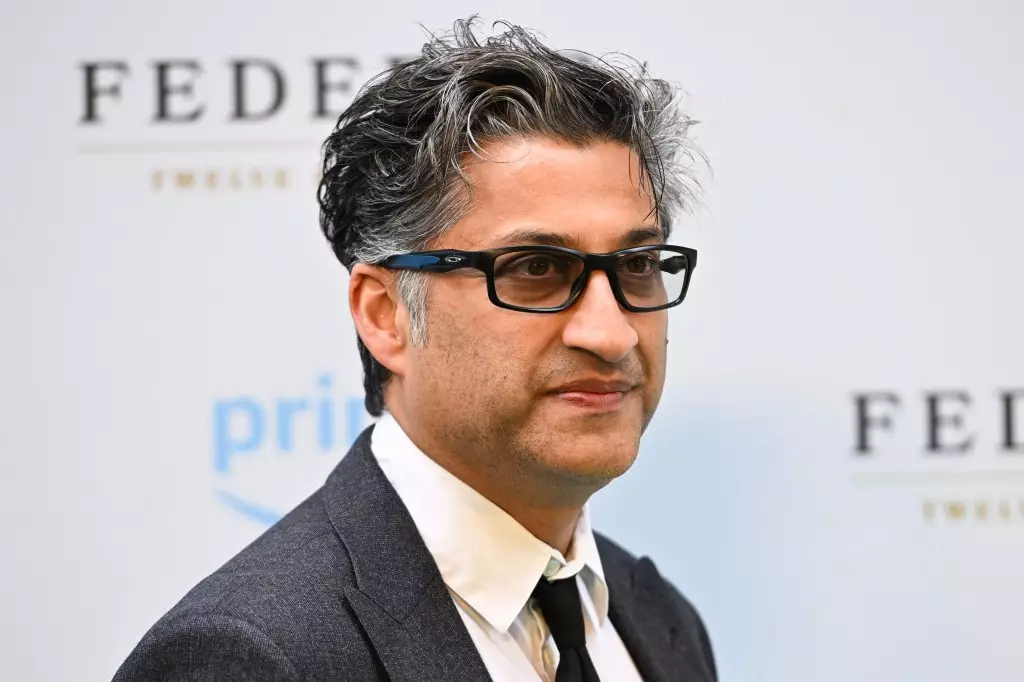Asif Kapadia, the acclaimed British film director, has endured a troubling experience that highlights the complexities of identity and surveillance in America post-9/11. For nearly ten years, Kapadia found himself subjected to the stringent scrutiny of U.S. homeland security every time he attempted to board a flight. This ordeal began when he was returning from New York in the early 2000s, after a seemingly innocuous incident where a taxi driver reported his unusual behavior of photographing the cityscape. The incident spiraled into a frightening reality for Kapadia—a reality shaped by the biases and excessive caution following a nationwide shift in security protocols. Instead of fostering creativity and artistic freedom, his experiences illuminate a pervasive atmosphere of paranoia.
Kapadia’s experience at the airport succinctly captures the intersection of race, suspicion, and authority. Approached in the Virgin lounge, surrounded by fellow travelers, he became acutely aware of the implications of being a person of color in an environment fraught with racial profiling. The public nature of his treatment—being interrogated and having his belongings inspected—serves as a stark reminder of how racial identity can subject individuals to different societal standards. The director’s reflection on his experience as a sudden transformation from an artist to a target speaks volumes about the impact of systemic prejudice in contemporary society.
Following his labeling as a “person of interest,” Kapadia’s approach to filmmaking appeared to be influenced by this paranoia. With multiple awards under his belt, including an Oscar for his documentary “Amy,” he should presumably feel celebrated; however, insecurity shaped his creative process. Feeling compelled to produce a letter from Universal Studios to validate his presence in the U.S. underscores a chilling dependency on credentials over inherent talent. This reliance not only stifles creativity but also projects an unsettling message about the worth of an artist’s voice in an age dominated by surveillance and suspicion.
Despite his challenges, Kapadia has remained resilient and is now ready to unveil his latest project, “2073.” This genre-defying sci-fi film explores themes that resonate with contemporary concerns such as climate change, surveillance, and the role of populist leaders in society. By utilizing a blend of archival footage and imaginative storytelling, he aims to encapsulate the chaotic dynamics of a world on the brink of disaster. This film does not merely act as entertainment but serves as a reflective critique on modern society, urging viewers to contemplate their reality and the political narratives shaping it.
Asif Kapadia’s narrative intertwines personal trauma with a broader commentary on surveillance and the implications of being a visible minority in the arts. “2073” stands as both a personal catharsis and societal critique. The director’s journey underscores the tension between freedom and scrutiny—a reflection of not just his life but also of the contemporary global climate. His experiences depict how art can emerge resilient from adversity while vocally challenging the structures that seek to contain it. As audiences prepare to engage with “2073,” they are invited to confront not only the narrative on-screen but also the subtle realities woven into their own lives.

Leave a Reply